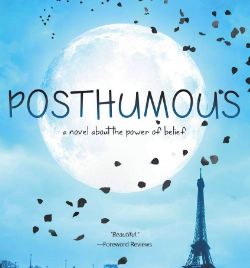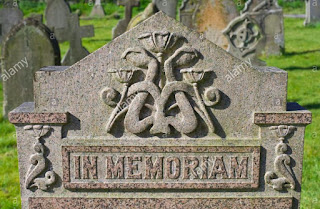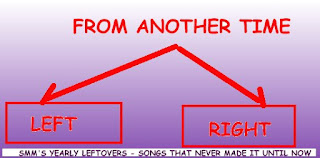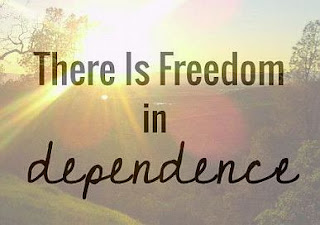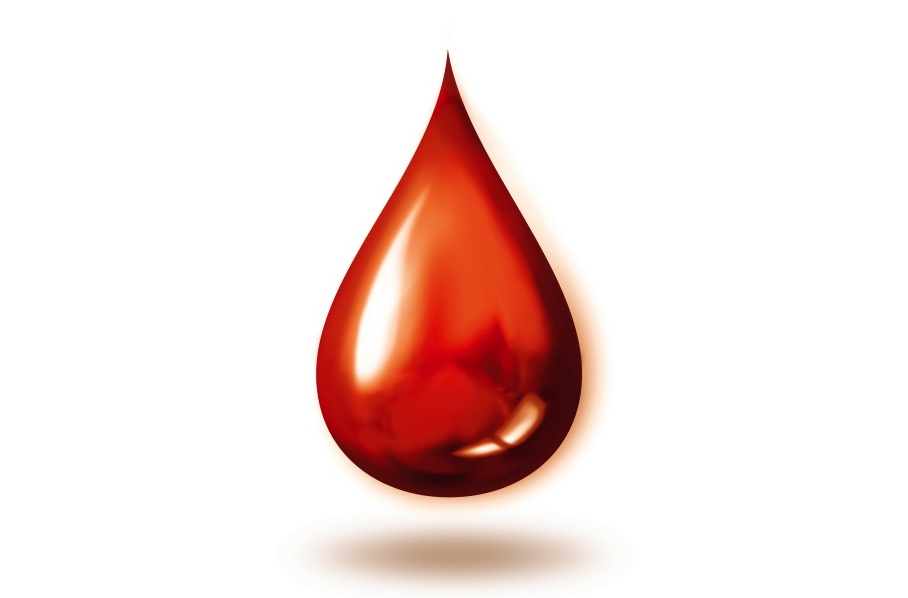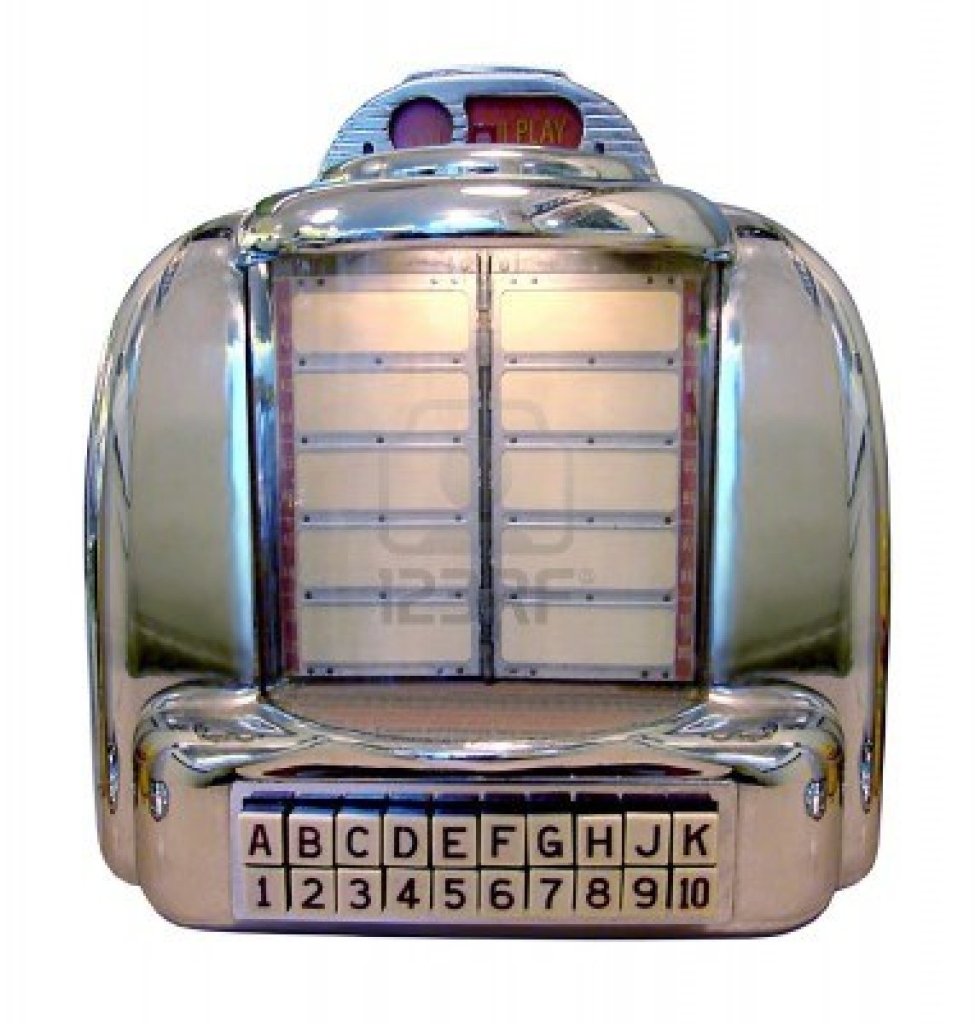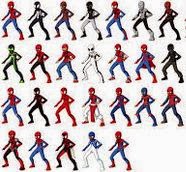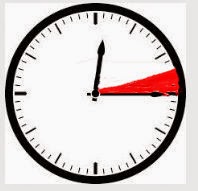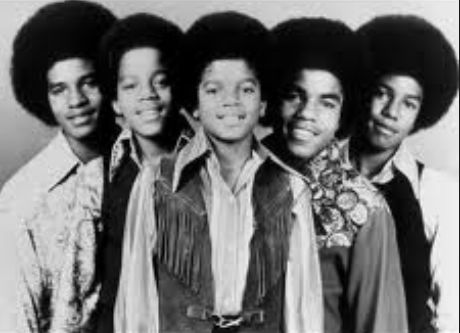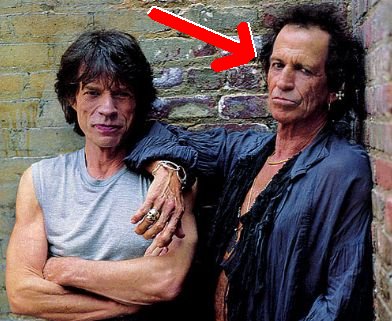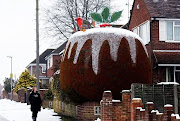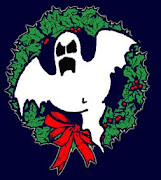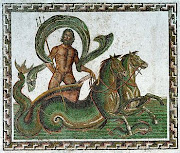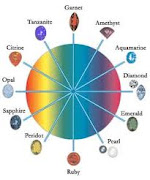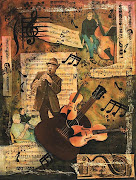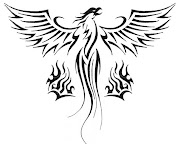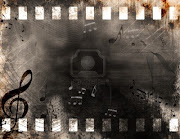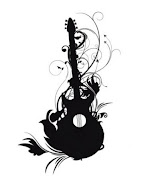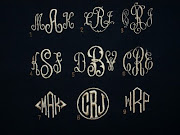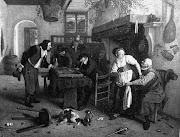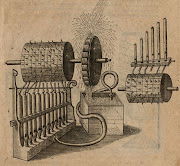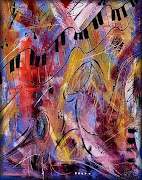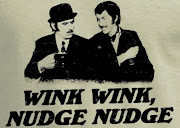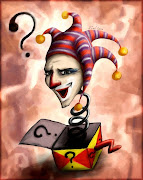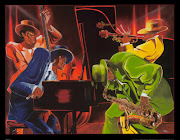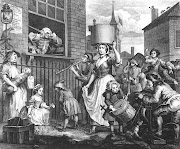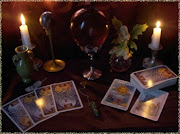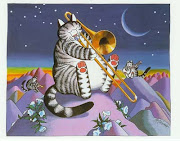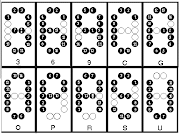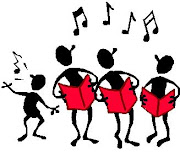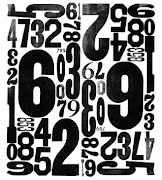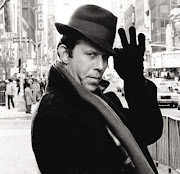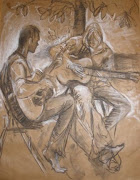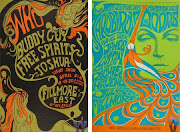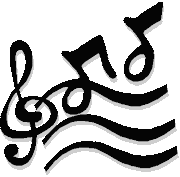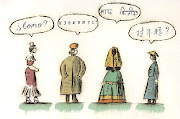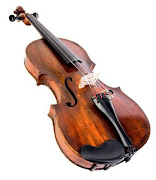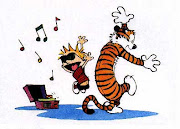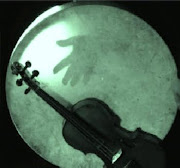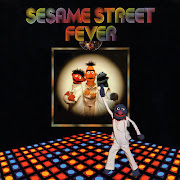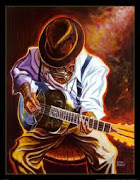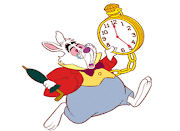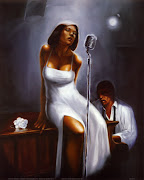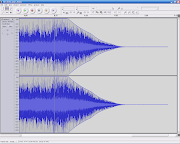The Pogues, Down All the Days
Purchase Down All the Days
From their 1989 masterpiece, Peace and Love, The Pogue’s “Down all the Days” is a tribute to Christy Brown. You will know Christy Brown from the award winning bio pic starring Daniel Day Lewis, My Left Foot. The title of the song is taken not from Brown’s seminal biography, but is the title of his first novel, Down all the Days, from 1970. It is a stream of consciousness reflection of Ireland and the Irish, much in the vein of the classic Irish style that James Joyce made so ubiquitous to the life and literature of the Emerald Isle.
Peace and Love is one of my favorite Pogues albums, though it is relegated in many’s opinion to one of the “lesser” efforts. Recorded at a time when drunken legend Shane MacGowan’s legendary drunkenness had finally started taking its toll on his musical and writing abilities, Peace and Love is a departure for two distinct reasons: one, it shies slightly away from the traditional Celtic-roots of the Pogues earlier albums and favors a broader approach, delving into rock, rock-a-billy, jazz and glorious pop. It is a manifold and expansive musical canvas the Pogues work with here and the diversity of sound enhances its strength rather than diminishes it.
The second reason Peace and Love is so different from the Pogue's all too small catalog is that this album saw major contributions from the other members of the band in terms of lyrical content and composition. This album features amazing songs from long-time Pogues conspirators Terry Woods, Gem Finer and Phil Chevron, who each penned tracks that are absolute classics, all of who stepped in to fill the gaps MacGowan's behaviors had left. MacGowan’s performance on Peace and Love has been described at “mush mouthed” and his lyrics as “markedly beneath his previous standards”, and sadly, that is true, but then part of being a fan of the Pogues is buying into MacGowan’s ridiculous drunken buffoonery.
It’s also appropriate to shake one’s head in disgust and sadness at what a squandered talent MacGowan has made of himself. But, then, that’s part of what the Pogues, as an institution, are about: greatness and what could have been. Characteristic of their significance and the pure exuberance of their total abandon into great music is the lingering sense of the tragic. MacGowan’s lyrical content has long focused on the darker side of love, politics and history, of bitterness, of defeat. The music is tinged with lament and a longing for better days, or at least getting a fairer shot in all of those arenas. Kind of like the Pogues themselves, all things could have been, and truly should have been, better. Like MacGowan’s seeming self-destruction: it took on greater dimensions of tragic when you realized how far it derailed this band's chances from being truly great. Burning stars rapidly arcing through the sky is a great metaphor, but the reality of the fact that the Pogues could have been a far more productive band, with a much longer and more varied catalog is a sad truth that only becomes more real with every listen to their music.
"Down All the Days" starts with an ethereal echo of a winding typewriter, being loaded, clicking and punching away, as if from behind a closed door, set to chiming strings. The songs winds up into a lilting spin of guitar, accordion, tin whistle, the typist still toiling away, the dinging bell of the approaching end of a line coming through in perfect timing. The lyrics vary between the voice of Brown himself mixed with an outside narrator introducing us to Brown as a “man renowned from Dingle to Down” but who was once merely a “clown about town.” Brown himself enters the narrative and entertains by talking about his life and bragging of his drinking prowess ( I can type with me toes and I suck stout through me nose—both of which were very true of Brown) as well as giving us a vague sense of who he might, or might not have, supported in the soccer pitch. The song winds itself towards a soaring chorus, an aural symbol of that typewriter itself leading to a burst of energy, a writer punching the keys in manic ecstasy as the words, words, words tumble forth. Such a wonderful, almost magical song, the multiple instruments in such chaotic tuneful euphony. Like all great Pogues songs, there’s a manic, barely contained energy and the tune doesn’t so much play as it does swirl and carry the listener away. At a running time 3:45, I always wanted it to last at least twice as long.
I’ve seen the Pogues live many times and there was always the kind of excitement in the venue that might accompany the apparition of a saint—hard to believe they were really there in front of you. And, while it’s bordering on morbid, and certainly a ridiculous cliche by know for music writers, MacGowan has continued to defy expectations and is still going. And by that, I mean he's still alive. Sadly, he’s not producing music, but, it’s good to know he’s still out there. Like The Pogues themselves, MacGowan is timeless in a strange way, and the music, even if there is precious too little of it, is and will be timeless as well.





































